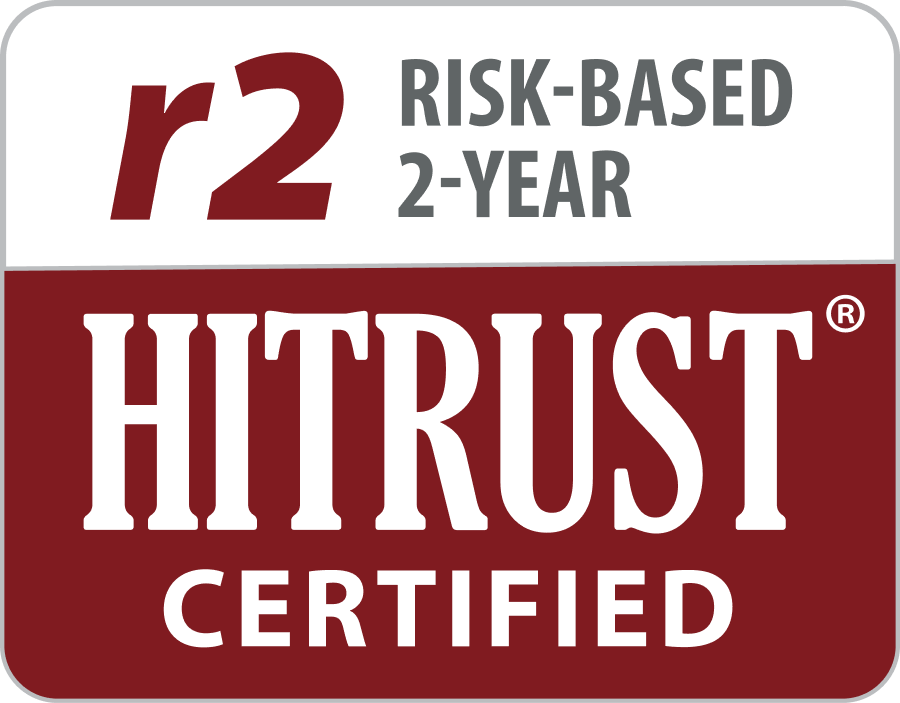
Charles Baker, VP, Compliance Solutions
The recent cyberattack on Change Healthcare affected clinical-decision support, eligibility verifications, chart abstractions, and pharmacy operations, and has highlighted vulnerabilities within the industry’s digital infrastructure. In light of these disruptions, plans need to explore the broader implications, particularly concerning Part D, CAHPS, Star Ratings, and the overall operational and financial health of provider networks.
Impact on Star Ratings
The cyberattack directly impacts several key areas of Medicare Advantage plan operations, potentially influencing Star Ratings for 2025 and beyond. Data related to quality measures, outcomes, and patient satisfaction – key components of Star Ratings – are at risk of being delayed, corrupted or lost. This disruption can hinder a plan’s ability to deploy quality interventions and develop future strategies to impact the critical components.
Impact on Care Coordination and Healthcare Delivery
Plans rely on seamless data exchange and communication across healthcare settings to facilitate coordinated care. The disruption to these processes can lead to fragmented care, increased medical errors, or delays in necessary treatments, all of which can negatively affect patient outcomes and satisfaction.
Effect on Patient Satisfaction and CAHPS Scores
CAHPS continues to have a significant role in Star Ratings. The cyberattack’s impact on services, ranging from delayed treatments to challenges in accessing care, may lead to decreased patient satisfaction. Disruptions in pharmacy operations have the potential to significantly impact plans’ future ratings.
Implications for Medication Adherence and Clinical Outcomes
Medication adherence, critical to Part D Star Ratings, could be directly affected by the cyberattack through disruptions in pharmacy operations and prescription processing. Additionally, the attack could impact the collection and reporting of clinical data necessary for evaluating adherence and health outcomes. Such challenges could lead to lower performance on adherence measures and, consequently, negatively impact overall Star Ratings.
The Need for Proactive Management and Mitigation Strategies
In light of the potential impact on Star Ratings, Medicare Advantage plans need to adopt proactive strategies to mitigate these effects. This includes developing contingency plans for data management and care delivery, and engaging in transparent communication with members about the situation and the steps being taken to ensure continuity of care.
Strategy Adjustments for Medicare Advantage Plans
In response to evolving challenges and emerging threats, Medicare Advantage Plans must implement strategic adjustments to enhance operational resilience and ensure continuity of care.
- CMS Flexibility Adoption: Use CMS-provided flexibilities, such as expedited EDI enrollment for changing clearinghouses and relaxed prior authorization and utilization management requirements. This approach can mitigate operational disruptions and maintain continuity of care.
- Enhanced Cybersecurity Protocols: Adopt advanced cybersecurity frameworks; continuous monitoring and threat detection, alongside regular staff training, can mitigate future risks.
- Contingency Planning: Institute comprehensive business continuity and disaster recovery plans to ensure preparedness for similar incidents and to minimize operational disruptions.
- Enhanced Communication Channels: Develop robust communication strategies to inform and support patients and providers during and after incidents. This includes clear guidance on available flexibilities, alternative care options, and how to access services.
- Strategic Star Ratings Management: Create a strategic approach to managing Star Ratings that incorporates flexibility for unexpected disruptions. This includes re-evaluating and adjusting strategies for measures heavily dependent on timely data exchange and patient interactions, emphasizing areas under direct control, like improving internal processes and patient engagement strategies.
- Advanced Preparedness for Health Equity Index (HEI): Start preparing for the HEI incentive structure by using data analytics to identify disparities within the member population. Implement targeted interventions designed to improve outcomes for members with specific social risk factors, and incorporate lessons learned from cyber incidents to ensure interventions are resilient and effective in the face of future disruptions.
ATTAC Consulting Group is nationally recognized in regulatory interpretation, design and operation of effective compliance programs within government health and commercial market segments.

